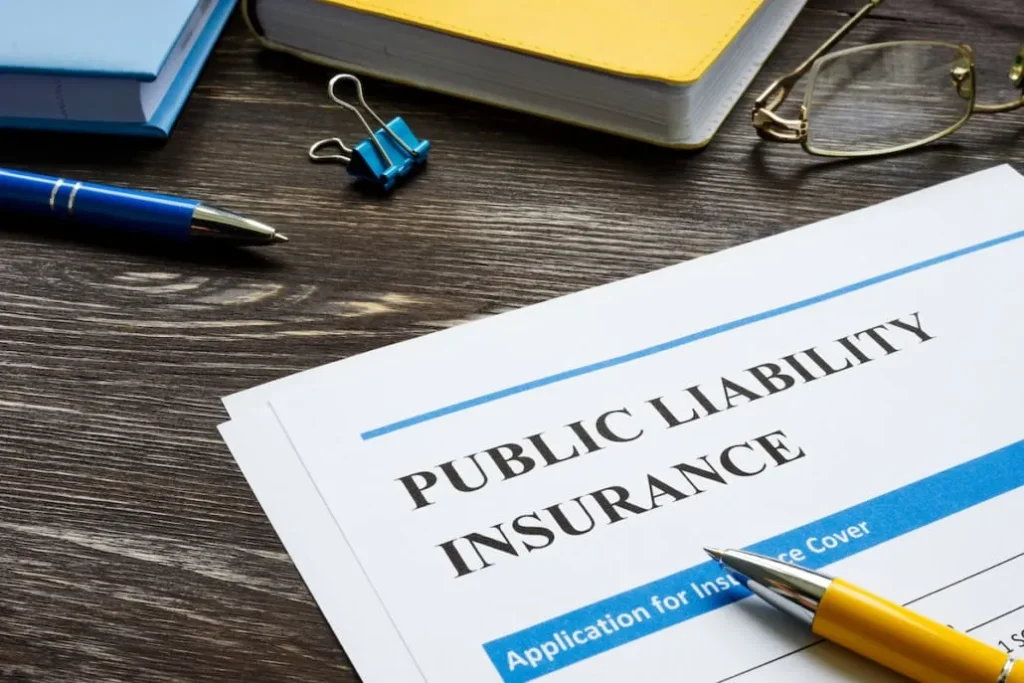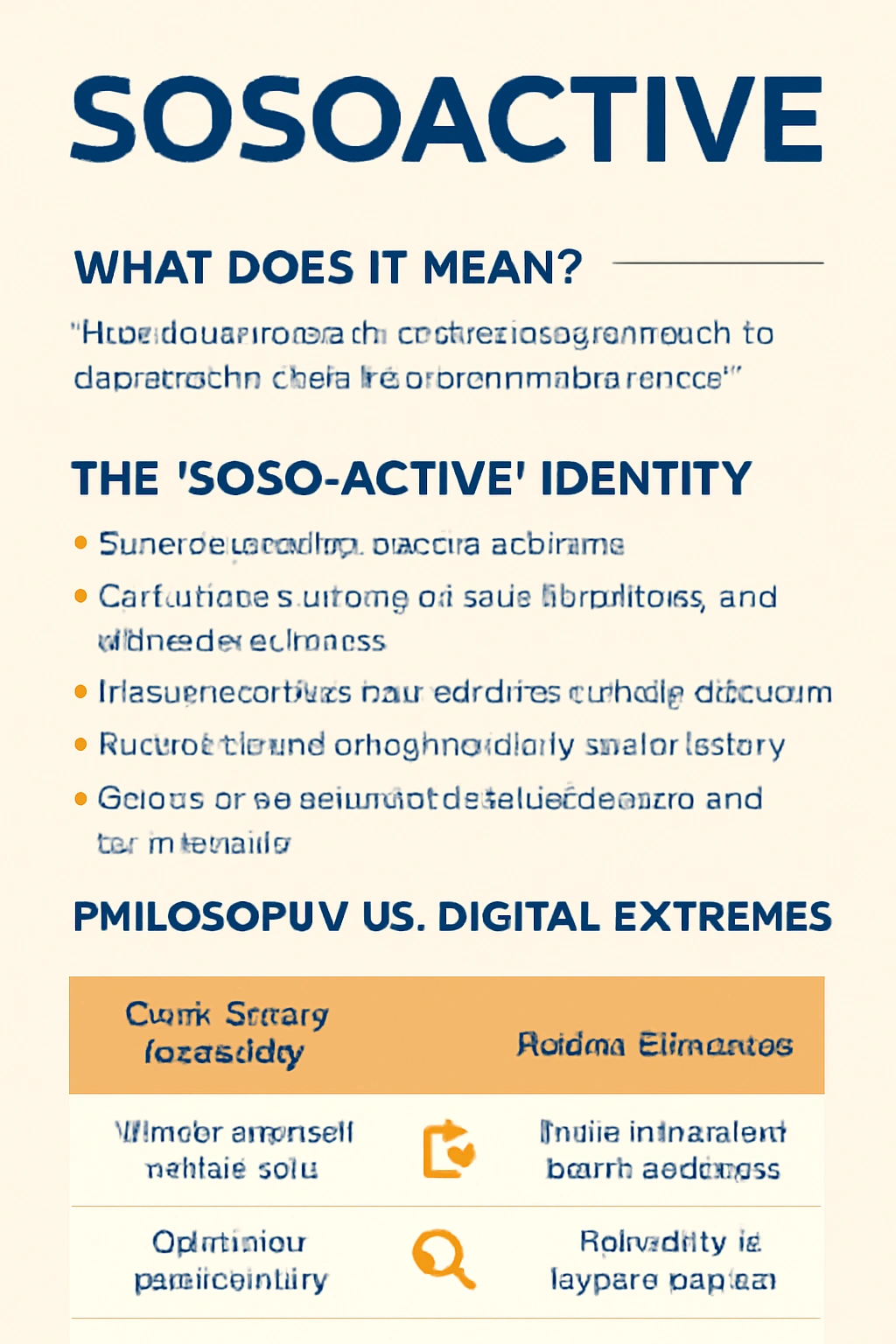The running of a public liability insurance policy can be effective when every party is in agreement with every term and condition. But are they complex? Tag along to figure it all out.

Now, to the term that hovers around a public liabitlity insurance policy, this protects businesses against financial losses occurring due to third-party claims for damages or injuries caused by their business activities.
It covers legal expenses and compensation paid to affected parties or those whose properties have been damaged due to the actions of the insured or due to its negligence.
What is Public Liability Insurance?
It also includes suits brought by individuals who are not employees of the insured business, i.e., customers, visitors, or individuals whose business has been affected by the business operations.
It provides monetary protection against bodily injury and property damage caused by the negligence or conduct of the insured, i.e., a customer slipping in a store or a contractor damaging a customer’s property.
The policy also protects the insured’s legal costs and expenses in defending the insured from actions or claims based on the insured’s liability.
Examples of Claims:
The common cases are a customer falling in a shop, a contractor damaging a client’s property, or a product harming a consumer.
In others, public liability insurance is not lawfully required but strongly recommended for businesses as a safeguard against financial ruin.
What is PLI Insurance?

PLI, or Professional Liability Insurance, is utilized to shield professionals against claims arising out of errors, omissions, or negligence in professional services. It is also referred to as Errors & Omissions insurance or professional indemnity insurance.
It is most required for businesses in professions like accounting, consulting, legal services, and healthcare, where customers may sue for financial loss due to professional advice or errors. PLI protects individuals and companies from claims and suits arising out of their professional services.
Common sources of claims:
Claims can arise due to negligence, misrepresentation, bad advice, or violation of client confidentiality.
Who Needs PLI?
Lawyers, doctors, accountants, consultants, and real estate agents typically require PLI. This covers legal costs, settlements, and judgments against professional negligence.
Besides financial protection, PLI can also defend a professional’s reputation, and is even essentially a liability insurance that defends the professional against claims arising out of their professional actions, offering reputation and financial protection
Why do I Need Public Lliability Insurance?

Public Liability insurance can cover pay-outs and legal expenses if your business is sued by a third party (third parties are customers or clients or other members of the public, but not your employees).
It can offer protection for an accident in your work area or related to your business activities. According to Simply Business data, the average cost of public liability insurance per year is £95.07. The cost of your own public liability policy will depend on the size and type of your business, and how risky the work is.
What is the Difference between Public Lliability and General Liability Insurance?
Public liability insurance typically addresses injury and damage to property between your company and the public. General liability insurance covers all of the above, and it can also protect against advertising injury claims.
Public Liability Insurance protects you and your business when it’s established that your negligence resulted in harm to another person or damage to their property.
For example, if you have a wet floor in your shop and a customer slips and gets hurt, or you’re cleaning a client’s house and you accidentally break a window.
What’s the Difference between PLI and General Liability?
General liability covers physical risks, such as bodily injuries and damage to property. Professional liability insurance covers intangible risks, such as errors and omissions in services your business provides.
General Liability covers the physical world, and professional liability protects the intellectual and service-oriented aspects of your business.
What does Liability Insurance Cover?

Liability insurance covers monetary costs if you’re held responsible for causing injury or property damage to another party.
These cover medical bills, lost wages, repair of property damage, and attorney fees. Liability insurance is a component of most insurance policies, from property insurance to small business insurance. The following is a more detailed description of what liability insurance covers:
1. Bodily Injury Liability
This is the portion of liability coverage that covers medical bills, lost wages, and pain and suffering for individuals injured in an accident where you are determined to be at fault.
2. Property Damage Liability
This portion covers the repair or replacement of other individuals’ property that is damaged, including cars, fences, or mailboxes.
3. Legal Defense
Liability coverage also funds legal defense fees if you are sued due to an accident. It is required in most states to drive a car, reports Geico.
Final Words
When the term Public Liability Insurance Policy comes on, it simply is. a situation in which a member of the public is hurt or their property is harmed by the activities or products of a business: If you were sued, your home insurance should cover you for public liability.
Similarly, if you went into a local shop and did some sort of damage, either deliberately or accidentally, they would be able to claim against you as an individual. Public Liability Insurance is the business equivalent of this insurance. It insures YOUR BUSINESS.







